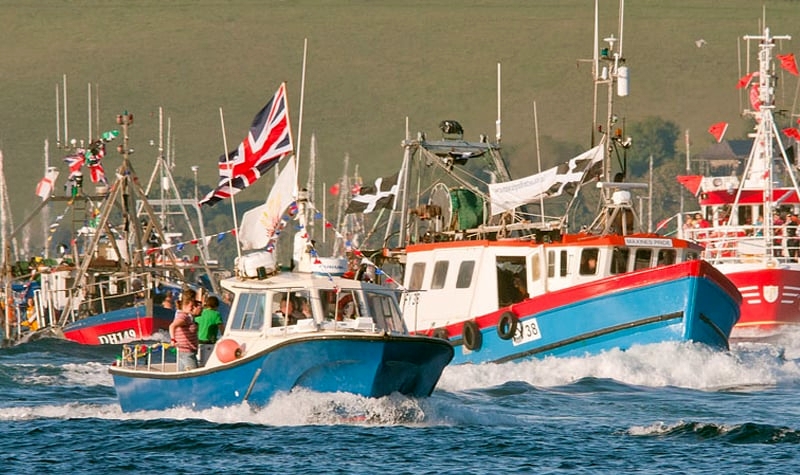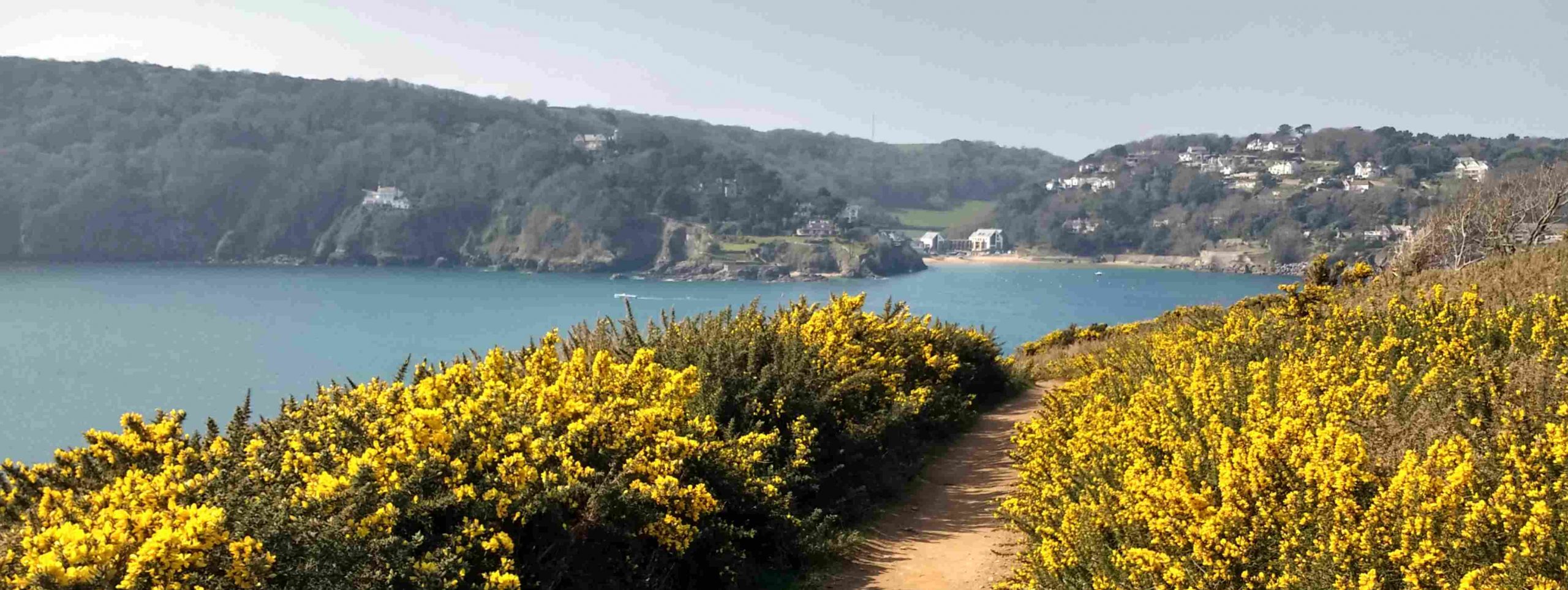
Spring is coming, the sun is shining, it’s a new financial year, and my term on Salcombe Harbour Board has finally come to an end. Not before time, some might say, as you are meant to do only three years, sometimes renewed for another three – and I was on the Board from 2006 to 2022.
I started writing these monthly blogs in April 2009 and, counting the occasional extras, they now number over 140. As I am stepping down from the Harbour Board, the blogs will become less frequent as well.
Looking back, a major thread running through these pieces has been the changing state of the environment and the many ways this affects us and we affect it. At the centre is the inescapable fact that boating, which in Salcombe is mainly a leisure activity, is seldom very green. Motor boats are not an efficient use of fossil fuels – few do better than one mile per litre. Many boats, large and small, are built in fibreglass or some similar long-lasting substance, which is excellent to start with but what on earth do you do with these hulls (and sails) when they are no longer serviceable? Pontoons are often stuffed full of polystyrene which is difficult to dispose of when the pontoon comes to the end of its useful life in just ten or twenty years. Fishing has strengthened and improved its gear by switching to artificial materials which have then become a major source of indestructible garbage and a threat to wildlife from whales to the smallest of creatures; and bottom-trawling continues. Sewage is still pumped into bathing waters on a regular basis.

And then there’s Salcombe’s very own balloon controversy: during the crabbers race it was fun to throw balloons filled with water between the boats. It’s OK, we said, we are using bio-degradable balloons, so there’s no problem. Yes, there is: that type of latex may well degrade relatively quickly on shore at 20-30°C, but it can pollute for years in seawater which only rarely gets about 15°C.
I doubt if any of these are truly insoluble problems (so to speak) for what has changed considerably since 2009 is that we no longer just shrug and look the other way. The number of people who doubt the reality of global heating has declined sharply, and we can now debate openly about protecting the environment and tackling climate change. Therein lies our hope for the future. And, although I will not be writing regularly every month from now on, I will nevertheless continue to do so occasionally.

Comments are closed, but trackbacks and pingbacks are open.